Commune level adds work, adds tasks
This is considered a breakthrough in organizational reform to streamline, operate effectively and efficiently and meet development requirements in the new period.
With the organization of two-level local government, in addition to performing the current tasks and powers, the commune level will take on additional tasks and powers of the district level; and will be decentralized and delegated more power. With more work and more tasks, how can the commune-level apparatus operate smoothly and serve the people better?
Many people are familiar with the phrase “going to the district” when they need to apply for a building permit or handle land procedures. But starting from July 2025, that habit will change to be more convenient, with fewer steps, thanks to the policy of streamlining the apparatus.
According to Deputy Minister of Home Affairs Nguyen Thi Ha, after the merger, public administrative centers will be established at the commune level to receive and handle administrative procedures for people and businesses. Procedures previously under the district level will be transferred directly to the commune level. The process of handling administrative procedures will be streamlined, cutting out intermediate steps:
Deputy Minister of Home Affairs Nguyen Thi Ha said that local authorities at the commune level will be given more power, the organizational structure and the civil service regime will also be reformed, ensuring that they can meet the requirements of their tasks. Administrative procedures previously carried out at the district level are now directly carried out by the commune level. Therefore, it is necessary to increase the application of information technology, digital transformation, simplify processes and procedures, and shorten the time to carry out administrative procedures, to better serve people and businesses.
Dr. Nguyen Van Dang, Institute of Leadership and Public Administration, Ho Chi Minh National Academy of Politics, said that if the district-level government is not organized, the commune level will be given more power, becoming state management units that are truly close to the people.
“How should we design to rearrange the functions and tasks of the commune-level government? In principle, all essential needs, that is, the most essential services for people and businesses, should be brought down to the commune level, so that the government can truly follow the needs of the people and businesses, thereby moving towards the right mission of being close to the people, serving and serving the people better than before,” Dr. Nguyen Van Dang emphasized.
It is expected that after the arrangement, Dien Bien province will have 45 commune-level administrative units.
Commune-level cadres must be multi-talented.
In the context of the local government system being reorganized towards streamlining, effectiveness and efficiency, the communal-level civil servants will have to shoulder many new tasks, with an increasingly large workload and increasingly high professional requirements. This poses an urgent need to improve the capacity, qualifications and quality of communal-level cadres and civil servants to meet the expectations of a modern administration, closer to the people and serving the people better.
Dr. Nguyen Duc Ha, former Head of the Party Base Department, Central Organization Committee, stated: Commune-level cadres are close to the people, directly handling matters related to the people. The Party and State's guidelines, policies and strategies are all concentrated at the grassroots level, so commune-level cadres must be multi-talented, meaning "you do one thing but know many other things, you have to be like a kitchen knife to be successful".
The new commune level must have the capacity to carry out assigned tasks, but still ensure closeness to the people at the grassroots level. Mr. Hoang Van Cuong, a member of the 15th National Assembly, proposed that there must be a mechanism for decentralization and delegation of power. Responsibility must follow authority, and authority must be linked to responsibility to have a mechanism for decentralization, inspection, supervision, and evaluation, ensuring that when delegating power like that, the officials below are not afraid of superiors abusing their power, not afraid of people performing functions and tasks arbitrarily and arbitrarily, and even though decentralization and delegation of power must still strictly comply with State regulations, but also promptly respond to the needs of the people.
From another perspective, Associate Professor Dr. Dinh Xuan Thao, former Director of the National Assembly's Institute for Legislative Studies, said that while decentralization to the commune level is increasing, there needs to be a connection between the provincial and commune levels to ensure that all work is smooth and effective.
“It is necessary to ensure the connection between the upper and lower levels. Specifically, the provincial level directly goes down to the commune level and there needs to be a close, smooth connection, ensuring regular connection so that the commune level can effectively handle work under the management, monitoring, supervision and guidance as well as timely support from the provincial level. This is a necessary and important issue to ensure autonomy, self-responsibility and good completion of the management tasks of large-scale commune-level governments after the merger” - Associate Professor, Dr. Dinh Xuan Thao analyzed.
In his concluding remarks at the closing session of the 11th Central Conference, General Secretary To Lam emphasized that with the new administrative organization model, the provincial level will play a dual role, both as the level directly implementing the Central's policies and guidelines, and as the level proactively issuing policies suitable to local development practices, while directly directing and comprehensively managing the activities of the commune level.
Meanwhile, the commune level is identified as the main level for implementing policies from the central and provincial levels, but decentralization and delegation of power will be strongly enhanced. Commune-level authorities will also have the authority to issue legal documents to decide on law enforcement in the area and handle issues under their authority.
The General Secretary also affirmed that after the reorganization, local governments must meet the requirements of being streamlined, effective, close to the people, and capable of modern social governance, aiming for rapid growth, sustainable development, and better serving people's lives.
According to VOV
Source: https://baothanhhoa.vn/chinh-quyen-dia-phuong-2-cap-cap-xa-quyen-nhieu-hon-trach-nhiem-nang-ne-hon-246635.htm


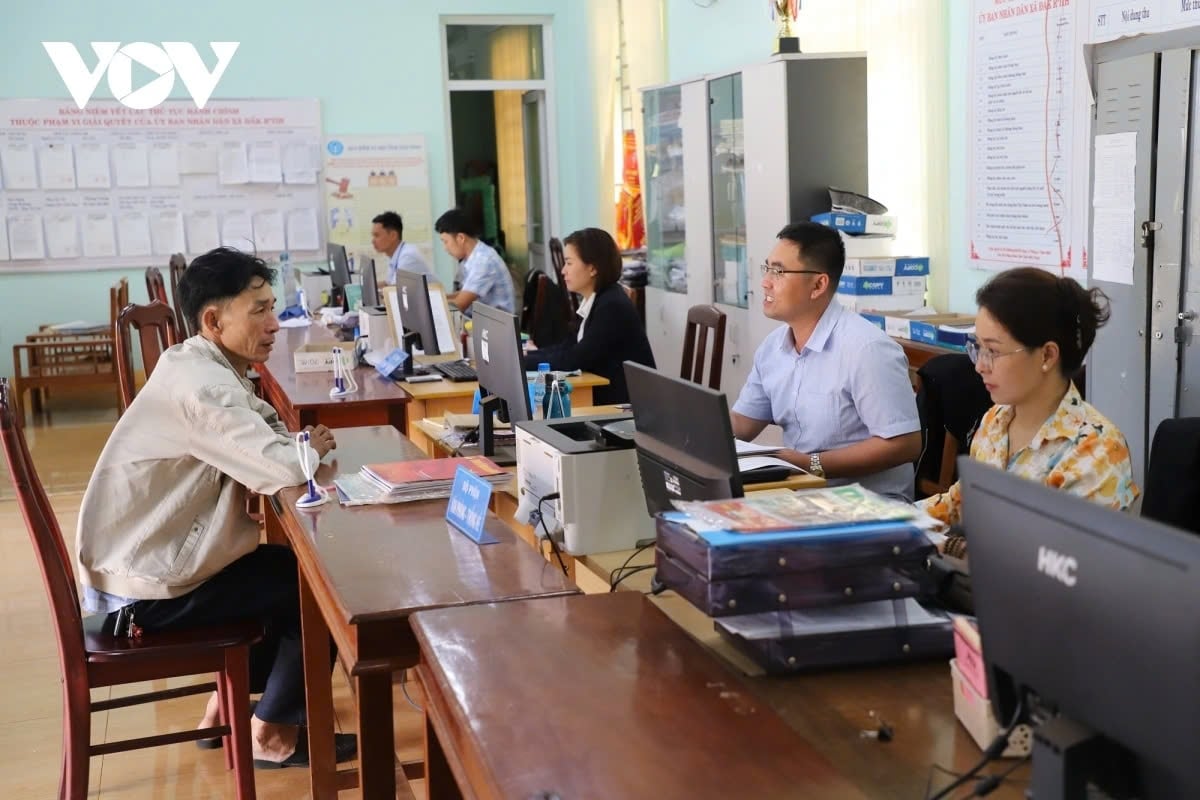
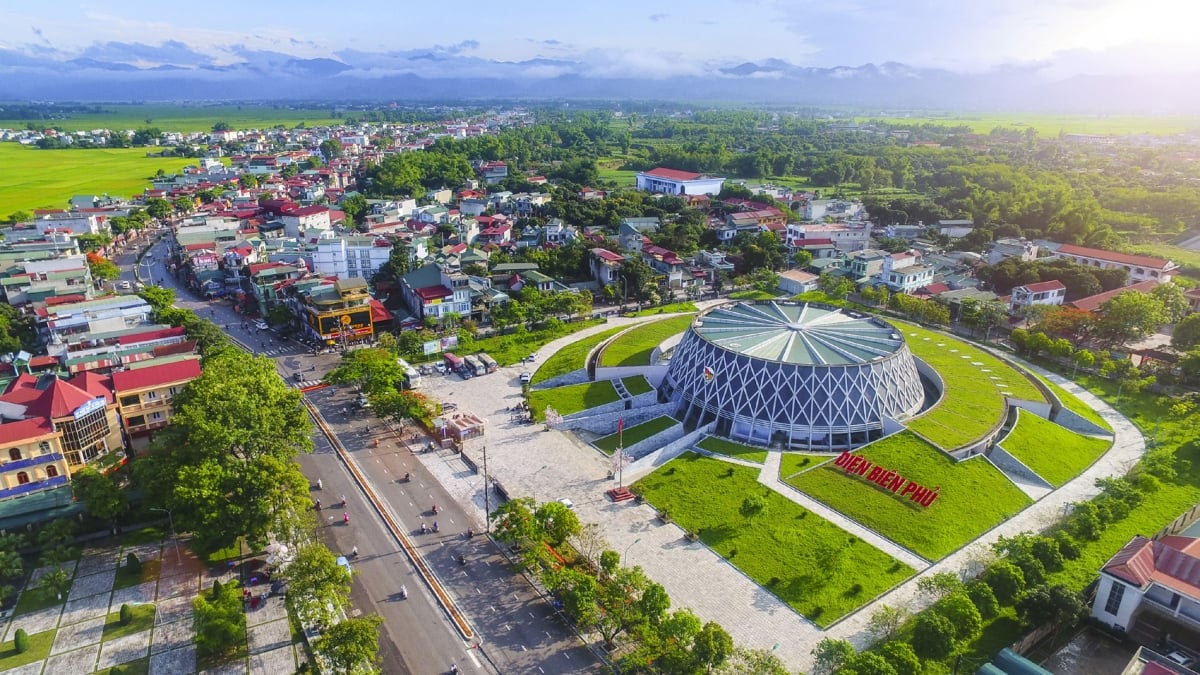

![[Photo] Party and State leaders attend the special art program "You are Ho Chi Minh"](https://vphoto.vietnam.vn/thumb/1200x675/vietnam/resource/IMAGE/2025/5/18/6895913f94fd4c51aa4564ab14c3f250)
![[Photo] Many young people patiently lined up under the hot sun to receive a special supplement from Nhan Dan Newspaper.](https://vphoto.vietnam.vn/thumb/1200x675/vietnam/resource/IMAGE/2025/5/18/6f19d322f9364f0ebb6fbfe9377842d3)

![[Photo] Ready for the top competitions of Vietnamese table tennis](https://vphoto.vietnam.vn/thumb/1200x675/vietnam/resource/IMAGE/2025/5/18/9c547c497c5a4ade8f98c8e7d44f5a41)



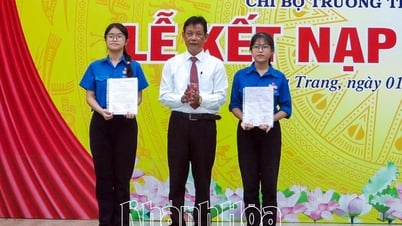
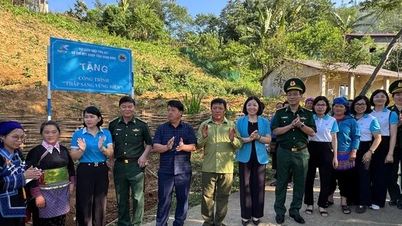



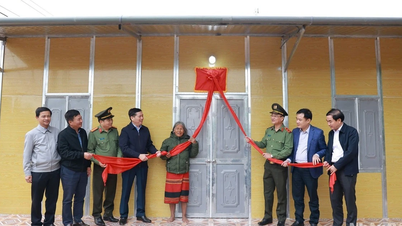


































































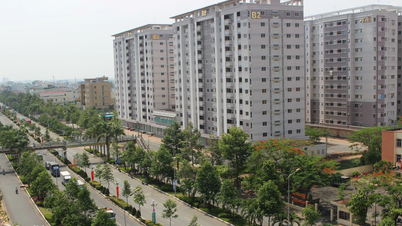










Comment (0)